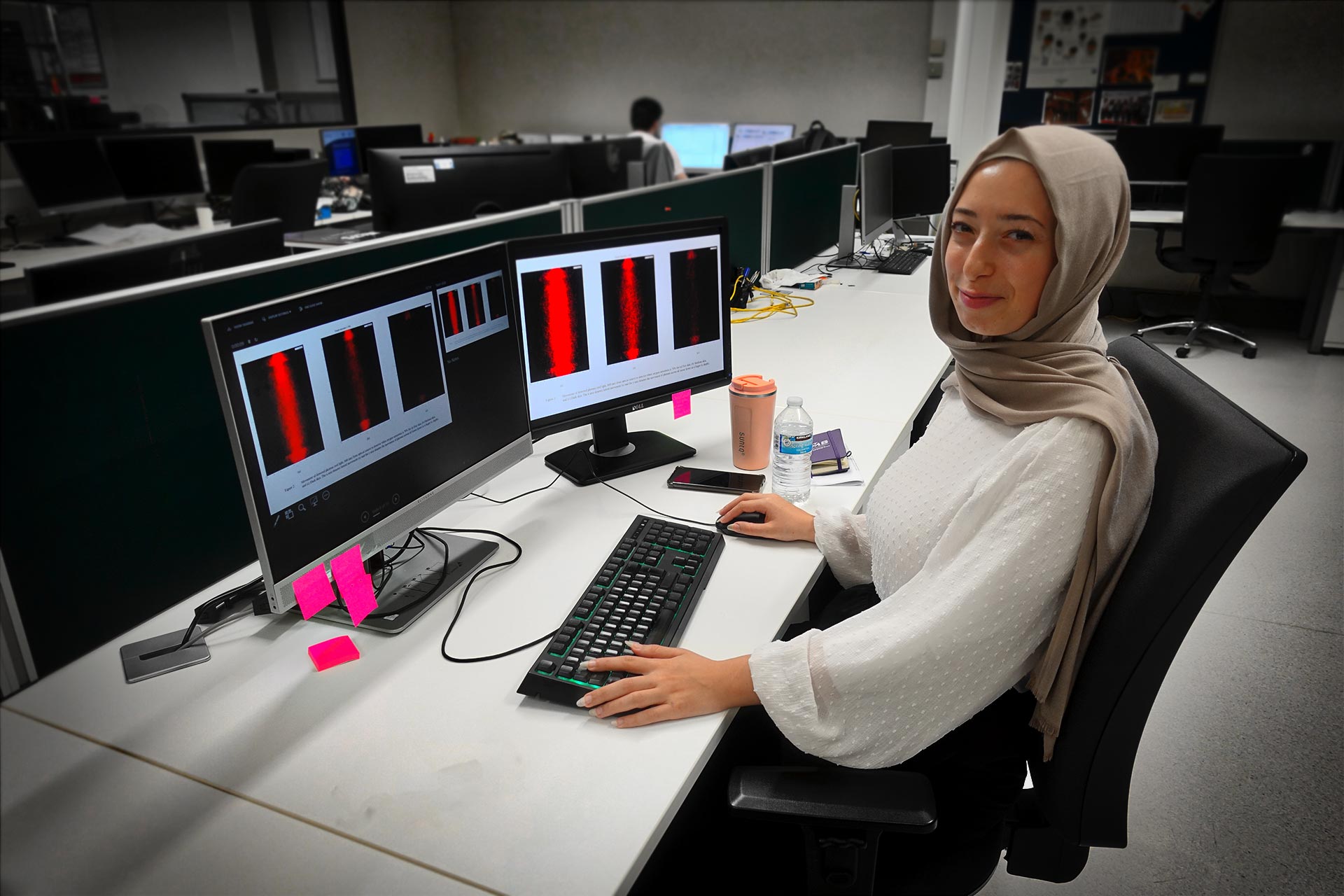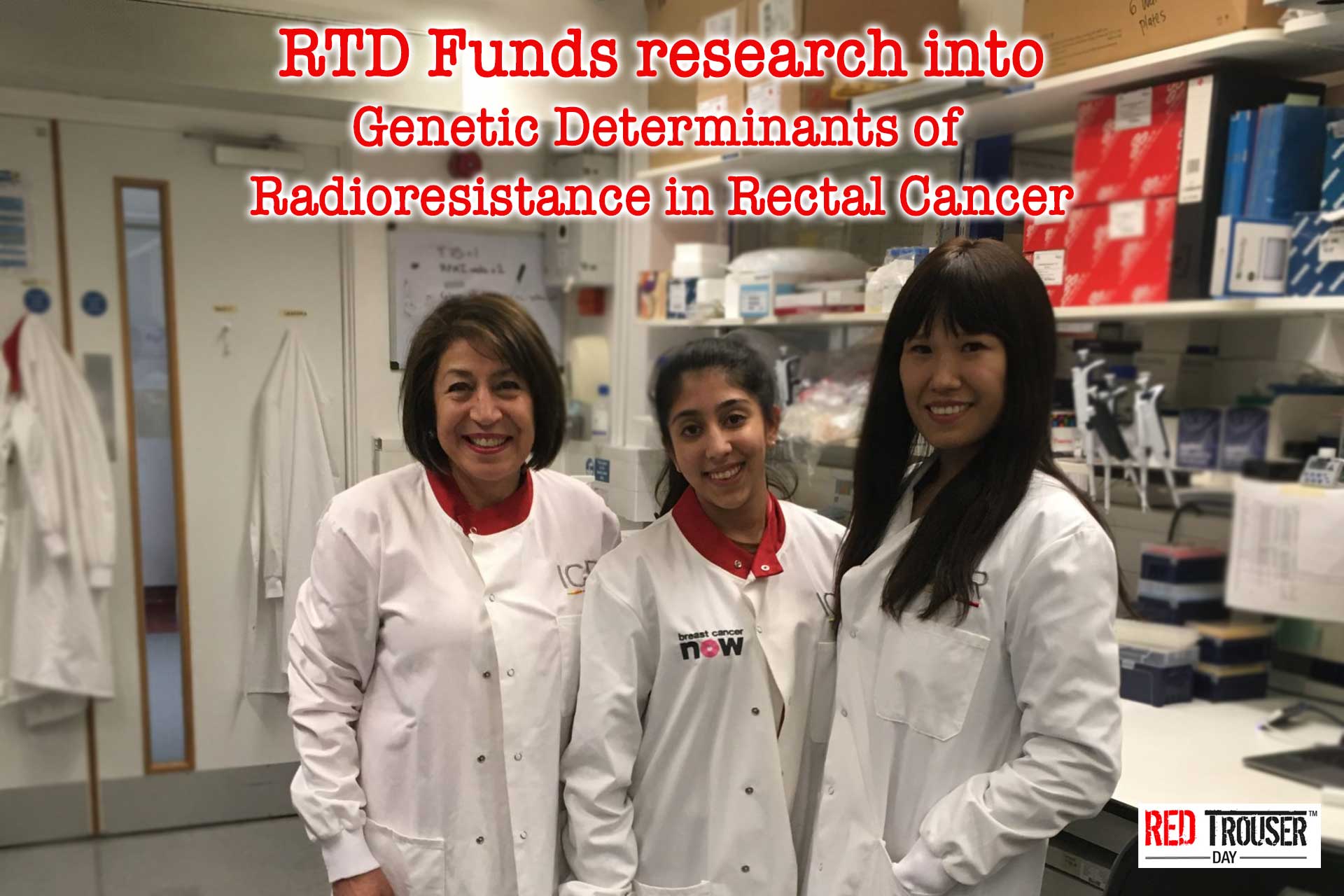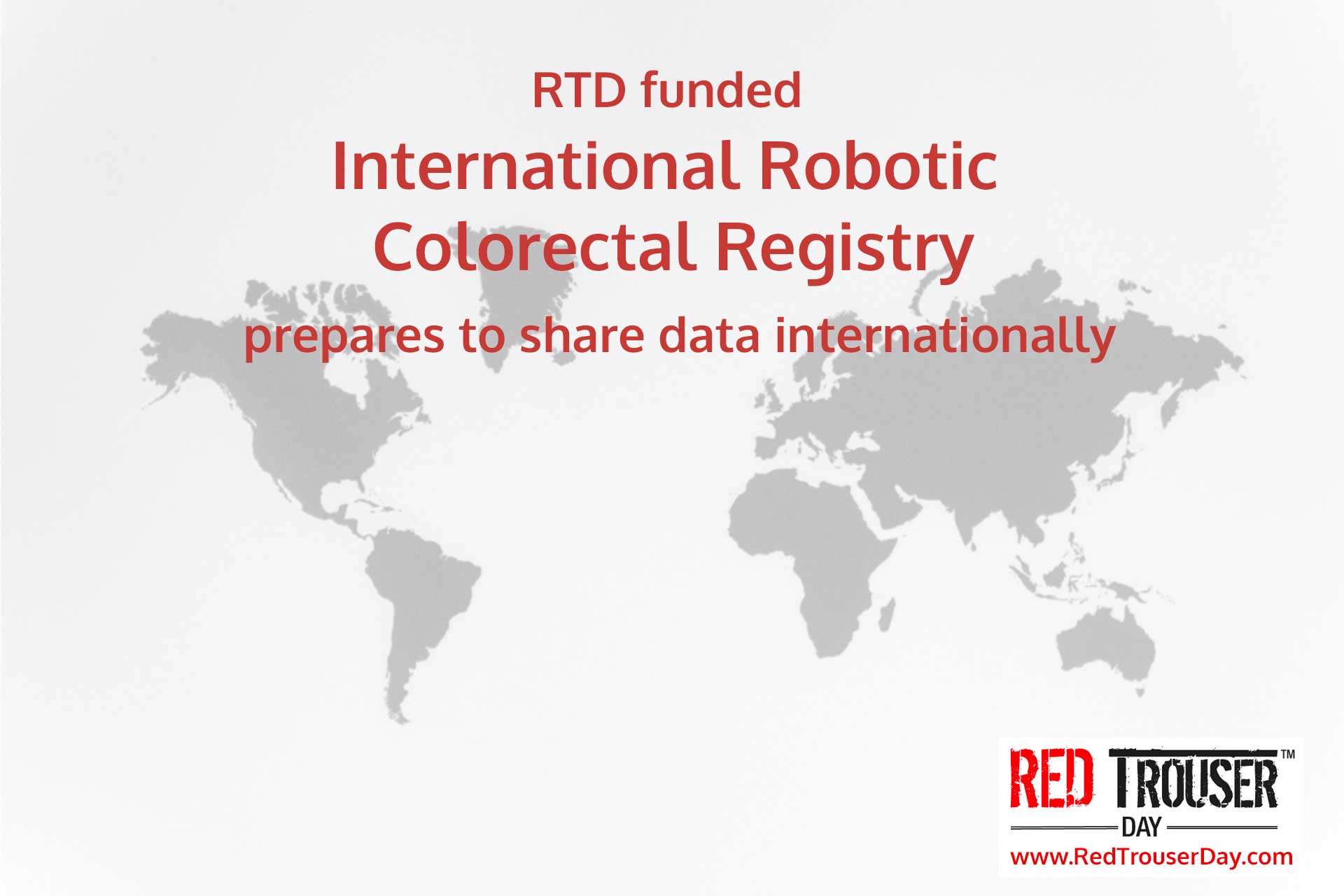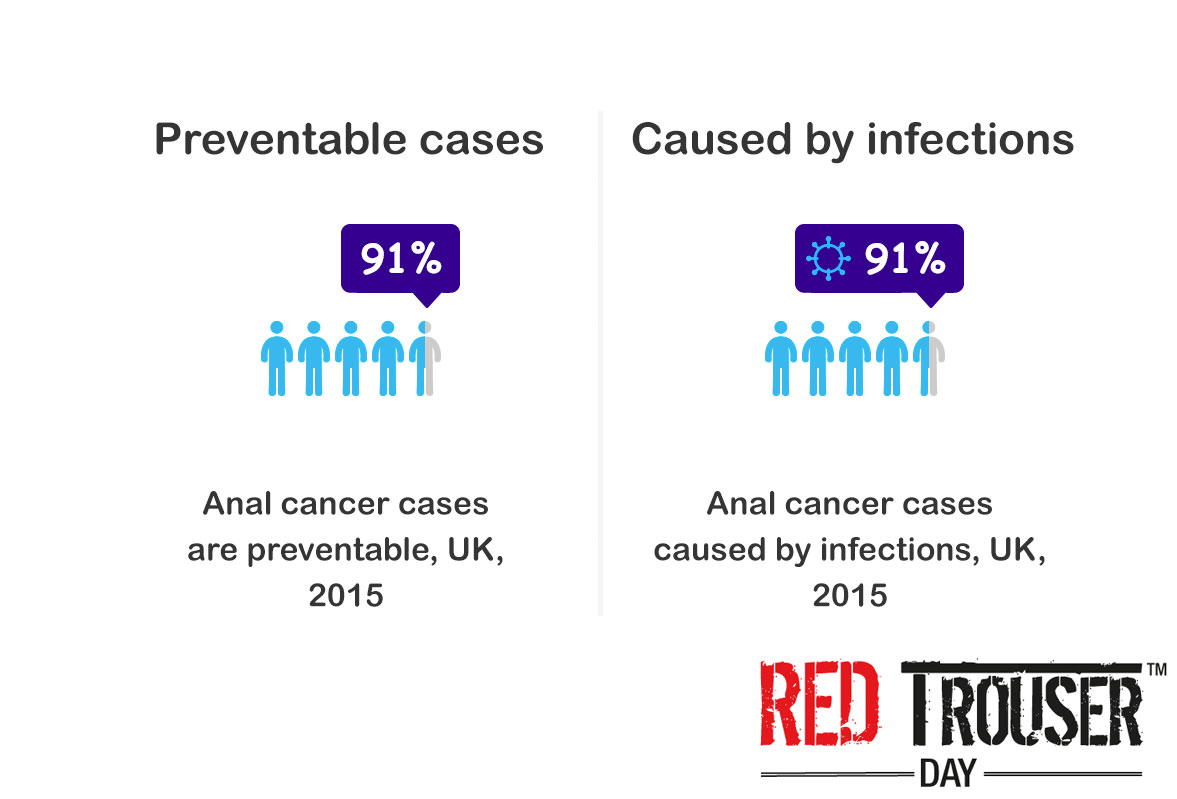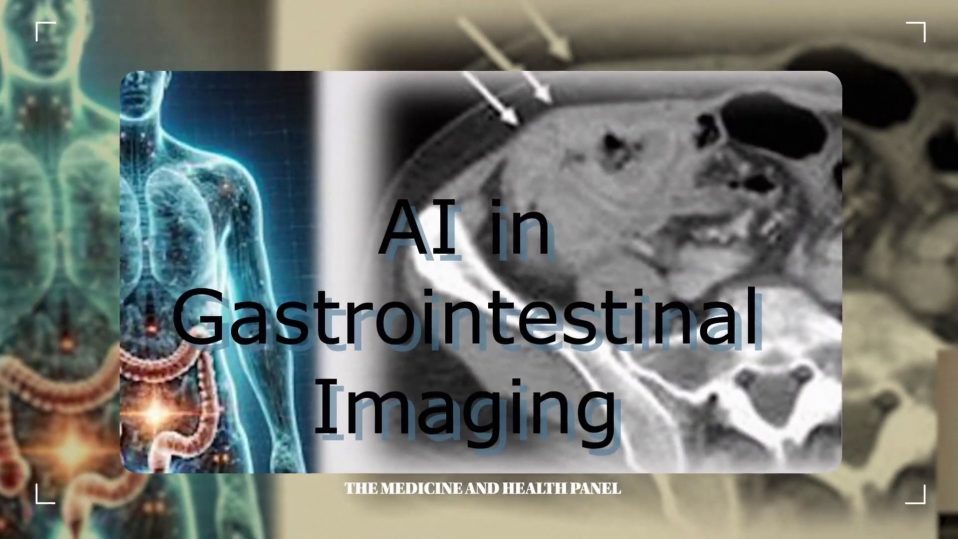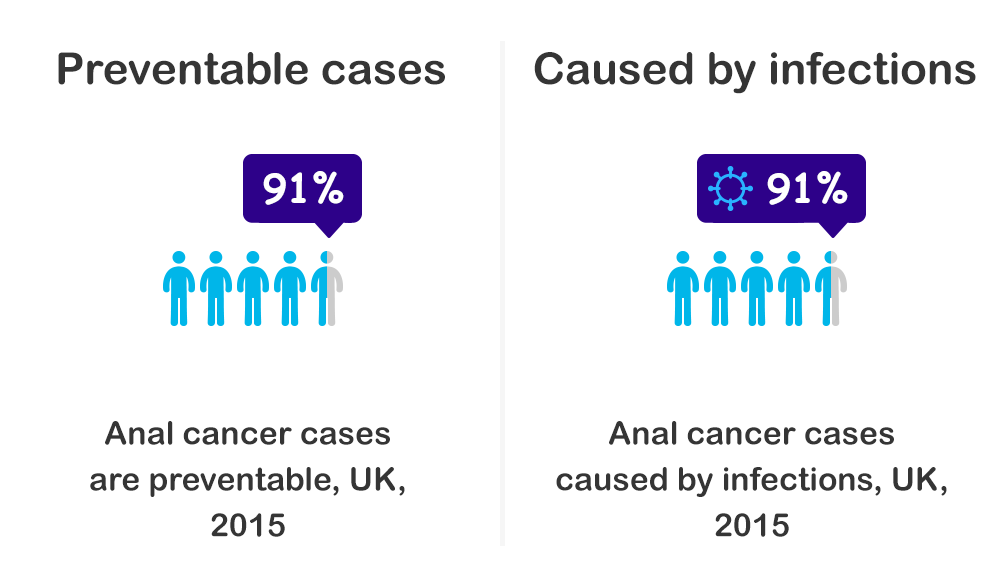
Anal Squamous Cell Carcinoma (ASCC) is an uncommon cancer with an incidence rate between 1 and 2 per 100,000 per year. The incidence of ASCC is increasing rapidly, with an overall 63% increase in incidence rate of ASCC in the UK since the 1990’s. However, there is much discrepancy in best surgical practice for the treatment and prevention of ASCC.
Anal Intraepithelial Neoplasia (AIN) is the known precursor to ASCC. Cancer Research UK states that 91% of ASCC cases in 2015 were preventable by the treatment and identification of high-grade AIN. ASCC also has excellent outcomes if identified early.
Aims / Objectives:
mASCARA is the first international cancer registry for ASCC. We are aiming for mASCARA to be internationally adopted by all centres managing ASCC and AIN. As ASCC is a rare cancer, it is difficult to be able to perform any definitive scientific studies without collaboration as the patient numbers are too small to be statistically significant.
Our receipt of funding two years ago we developed a fully functioning, GDPR compliant professional database that went live to recruitment for other clinical sites in November 2019. So far, we have recruited 30 clinical centres from 12 countries. However, we still need to recruit more to attain high enough numbers of included patients for statistical analysis. We plan to actively recruit new centres at international colorectal conferences once the pandemic permits.
Our specific goals would be to use the database to:
- Investigate demographic risk factors of patients with ASCC most likely to recur
- Determine risk factors for AIN progression to ASCC.
- Investigate best treatment for patients with multifocal high-grade disease.
- Compare end outcomes of different ASCC and AIN management guidelines from different centres. I.e.: European vs. UK guidelines.
However, as we will be able to provide anonymised data for analysis any valid ethically approved request for the use of data to answer questions of scientific merit would be considered.
This will be a long-term project that will provide opportunities for multiple studies on a subject that, as ASCC is a rare cancer, is difficult to study with the currently available datasets in an efficient and cost-effective manner. The results from studies using the database are likely to be high impact, high profile and of interest to an international audience.
Human Immunodeficiency virus (HIV) is a significant risk factor in the development of AIN and ASCC. Although, it is now considered to be a chronic, controllable disease with infected patients living much longer on advanced anti-retroviral medications unfortunately, good medical control of HIV does not prevent AIN progression into ASCC. Therefore, the burden of AIN and ASCC is likely to increase significantly over the next decade in this high-risk population. Chelsea and Westminster Hospital has a large population of patients at risk of anal cancer due to it being a National Centre for HIV related malignancy. Each year, Chelsea and Westminster diagnoses 20-30 patients with ASCC, which is considerably higher than other colorectal services in the UK who may only diagnose on average 1 -2 patients per year. ASCC does also affect other patient cohorts such as those with perineal dermatological conditions and post-menopausal women. The Royal Marsden NHS Foundation Trust is also a tertiary referral centre for salvage surgery for patients with recurrent ASCC.
The limiting factor to providing good quality evidence and clinical guidelines is the large sample size required to observe the relationship between AIN transformation and ASCC.
In response to this unmet need, with assistance from the Red Trouser Day Charity, we developed an international ASCC and AIN data registry mASCARA. mASCARA is hosted by Imperial College London, with Chelsea and Westminster Hospitals NHS Foundation Trust and the Royal Marsden NHS Foundation Trust as lead clinical sites.
Relevance to Red Trouser Day objectives:
The outcomes from mASCARA will be immensely valuable to clinicians and researchers. As discussed earlier, ASCC is a rare cancer and studies with small patient numbers are not powerful enough statistically to change practice or guide management. We hope to be able to use the database to be able to identify patients at the highest risk of developing ASCC and those at the highest risk of recurrence after an ASCC diagnosis. We hope to be able to use the database to better guide management of AIN as currently there is very little evidence base on the best practice of treatment for AIN.
From later this year, data from mASCARA will be contributing to NHS England’s ASCC dashboard, meaning that our data will also be used to improve standards of care for ASCC patients nationwide. As part of that initiative we have included quality of life measures to improve patients experience and quality of life after ASCC diagnosis.
